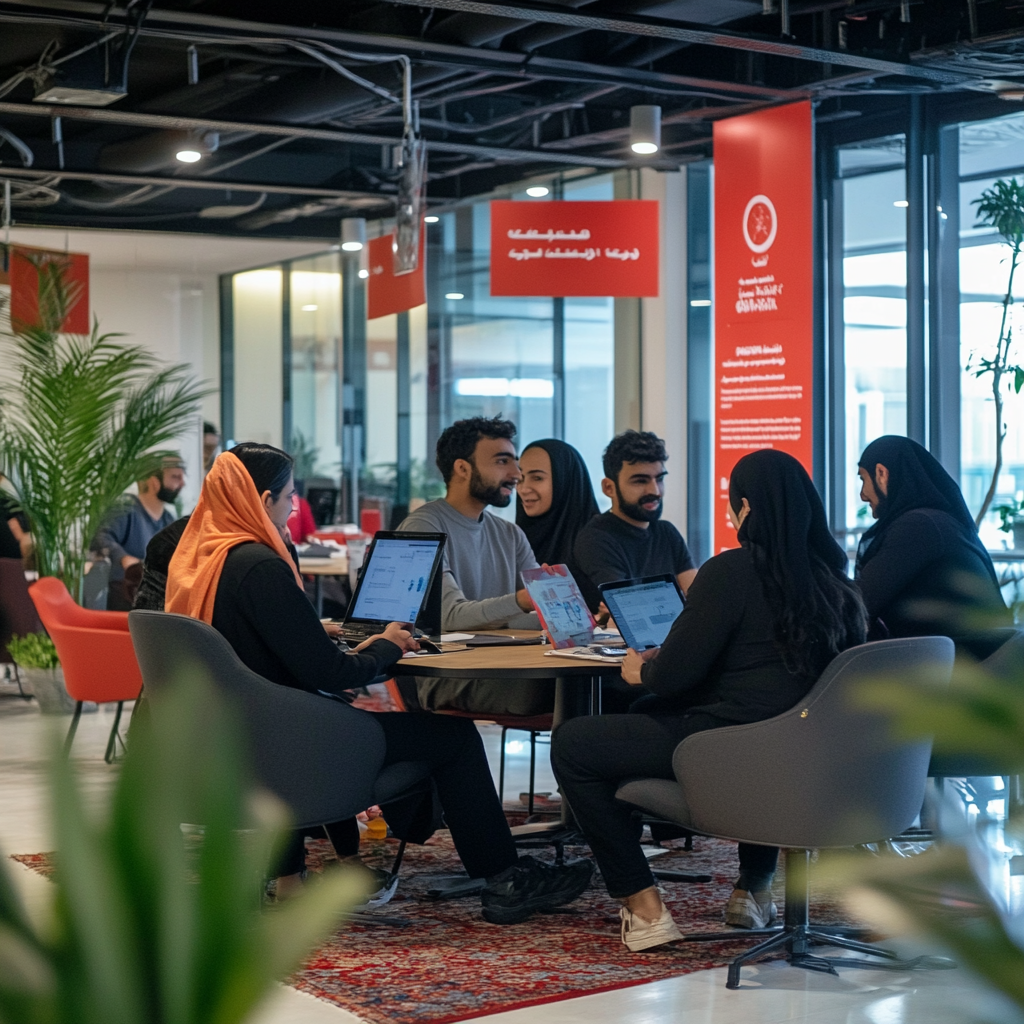While innovation and execution receive much of the attention in startup discussions, resilience is often the overlooked factor that determines long-term viability. In Bahrain’s growing startup ecosystem, where challenges range from funding gaps to market shifts, resilience is proving to be the defining trait of enduring founders.
Why resilience matters in startup environments
Startups face unpredictable conditions. Shifting regulations, evolving customer behavior, and economic headwinds are standard challenges. Founders who survive these pressures share one trait: resilience.
-
Markets change rapidly
Startups must be able to adapt to new realities—especially in fast-evolving sectors like fintech, logistics, and clean tech. -
Initial plans often fail
Business models rarely succeed on the first attempt. Resilient teams iterate, pivot, and rebuild. -
Mental endurance is essential
Pressure, setbacks, and uncertainty are part of the startup journey. Emotional resilience ensures continuity through difficult phases.
📌 Example: A Bahraini cleantech startup lost a key partner before launch. Instead of pausing operations, the team restructured and re-entered the market with a stronger offering, eventually securing regional partnerships.
How Bahrain’s ecosystem builds resilience
Bahrain’s startup scene encourages founders to grow through challenges, with limited resources pushing teams to develop grit early on.
-
Smaller teams drive flexibility
With lean operations, founders acquire cross-functional skills and adapt faster. -
Delayed funding cycles build discipline
Limited early-stage capital encourages focus on sustainability and efficient operations. -
Trial-and-error is normalized
Early-stage ventures often pivot multiple times before finding product-market fit. The system does not penalize failure—it encourages learning from it.
📌 Example: A local edtech startup transitioned from a B2C tutoring app to a B2B SaaS platform after market testing revealed a larger opportunity.
Institutional recognition of resilience
The ecosystem is gradually recognizing the value of experience and perseverance over novelty.
-
Repeat founders are valued
Investors and accelerators are increasingly favoring founders who have navigated setbacks and gained insights. -
Burnout prevention is a priority
New programs address founder well-being, emphasizing sustainable work rhythms. -
Support networks are expanding
Events like StartUp Bahrain Weekend and initiatives from Tamkeen offer platforms for founders to share experiences and build support systems.
📌 Example: A founder whose initial venture closed during the pandemic returned with a cleantech business that recently attracted cross-border VC interest.
Summary: Why resilience is a strategic advantage
In an ecosystem like Bahrain’s—dynamic yet still maturing—resilience is not a soft skill; it is a strategic asset. It strengthens founders, improves decision-making under pressure, and increases a startup’s chances of survival and eventual scale.
-
Innovation launches the idea
-
Execution builds the structure
-
Resilience sustains the journey
Startups that endure are not always the fastest or most funded—they are the ones that recover, adapt, and continue building.
Recommendations for founders
To cultivate resilience:
✅Launch early – Real feedback matters more than internal assumptions.
✅Track incremental progress – Acknowledge and build on small wins.
✅Engage with peers – Community strengthens perseverance.
✅Treat failure as data – Adjust strategies based on outcomes.
✅Build for longevity – Avoid unsustainable growth paths.
Closing thought
In a startup landscape where failure is common and resources are limited, resilience is what separates temporary projects from sustainable ventures. Bahrain’s startup community continues to prove that the ability to persist is as critical as the ability to innovate.







